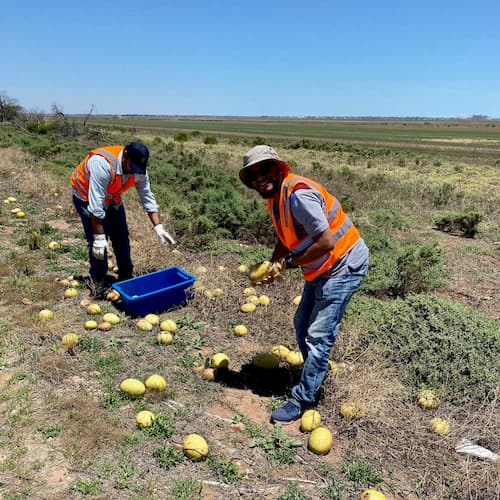Crystalline silica is contained in products such as engineered stone, ceramic tiles, concrete, bricks and marble. High-risk crystalline silica work can create hazardous dust which, if inhaled, can cause deadly lung and respiratory diseases, such as silicosis.
In 2021, WorkSafe accepted 73 claims from workers who have developed silica related disease as a result of workplace exposure and sadly, five people lost their lives.
Under the changes, businesses working with silica must now identify and document high-risk crystalline silica work and the risk control measures they have in place.
The new duties took effect from 15 May and will affect businesses in a range of industries, including quarrying, construction and tunnelling.
Employers are now also required to provide safety training and instruction to any employees and information to any job applicants who may engage in high-risk crystalline silica work.
Manufacturers and suppliers of products containing crystalline silica must now provide a statement outlining the percentage of crystalline silica in the product, along with information about safe handling and exposure controls.
The changes were introduced in November last year as part of the Occupational Health and Safety Amendment (Crystalline Silica) Regulations 2021.
The regulations extended the ban, first made in 2019, on uncontrolled dry-cutting, grinding and polishing of engineered stone.
As part of the regulations, businesses working with engineered stone were given 12 months to register for an Australian-first licensing scheme.
WorkSafe is also inviting public comment on a proposed update to the ‘Managing Exposure to Crystalline Silica: Engineered Stone Compliance Code’.
The code outlines how duty holders can comply with their duties under the Occupational Health and Safety Act 2004 and the OHS Amendment (Crystalline Silica) Regulations 2021.
Consultation is open until 14 June, visit








